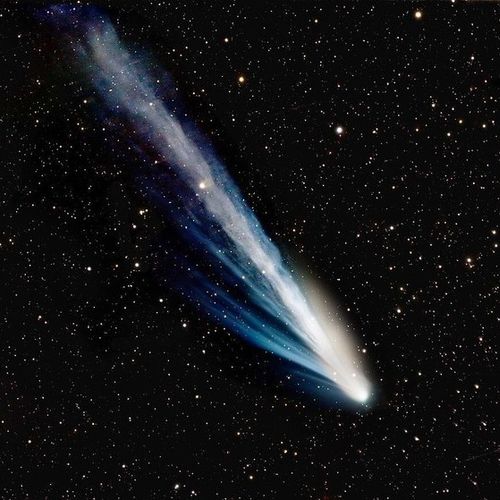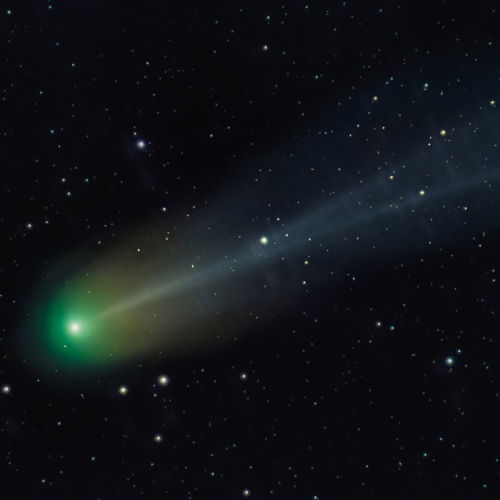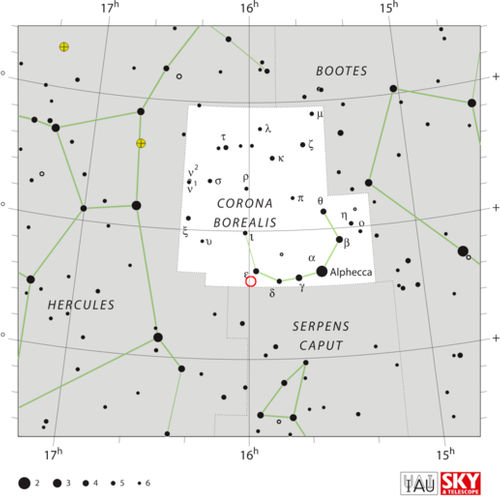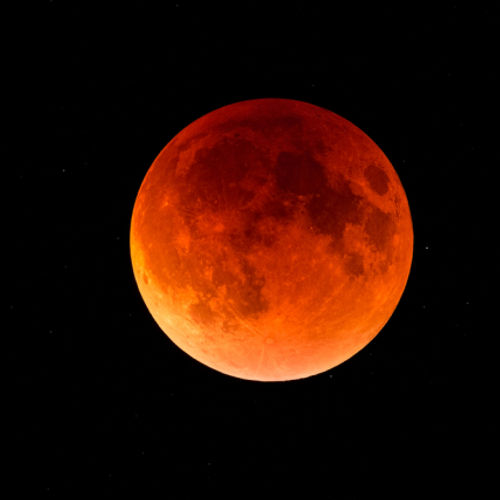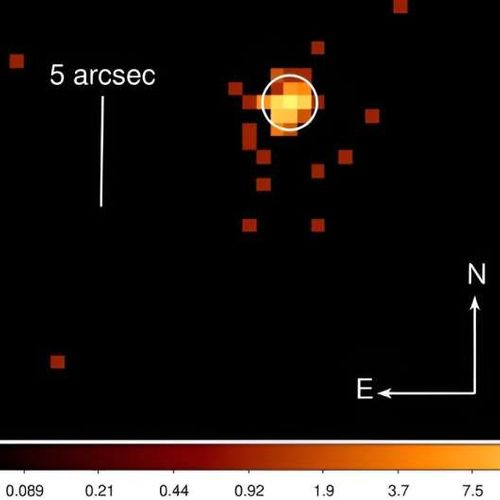
| Added | Mon, 17/06/2024 |
| Источники | |
| Дата публикации | Sat, 15/06/2024
|
| Версии |
If you look at the sky in summer, it seems that there are fewer stars than in winter, and they do not shine so brightly.
The intensity of the light coming from the stars, of course, does not depend on the season, but the visual perception is influenced by the celestial background. In summer, the Sun sinks below the horizon in St. Petersburg by only 6 degrees, in Moscow — by 11. This means that pitch darkness does not come and dusk continues all night.
Against this background, the luminaries look dimmer, and on winter nights the skies turn a darker color. In addition, the number of bright stars actually increases in winter. For example, in summer at 00:00, only 6 of the 25 brightest stars can be seen, while in winter — 10, including the legendary Sirius.
In addition to illumination, the visibility of the luminaries is influenced by the transparency of the air. Cold air contains less moisture than warm air. Because of this, the air is more transparent in winter.
And another reason for the spectacular winter sky is that in the summer our planet faces the bright center of the galaxy. But during the winter months, the Northern Hemisphere looks at the edge of the Milky Way. Scientists believe that our galaxy consists of about 300 billion luminaries. In the summer we see most of them. Due to light pollution, it is difficult to see the stars in the city, and the brightness of the inner galaxy makes it difficult to distinguish individual luminaries in the sky in the summer.
Новости со схожими версиями
Log in or register to post comments


